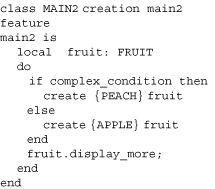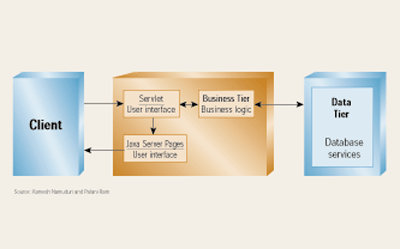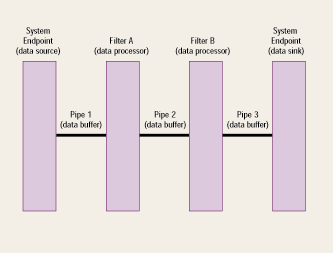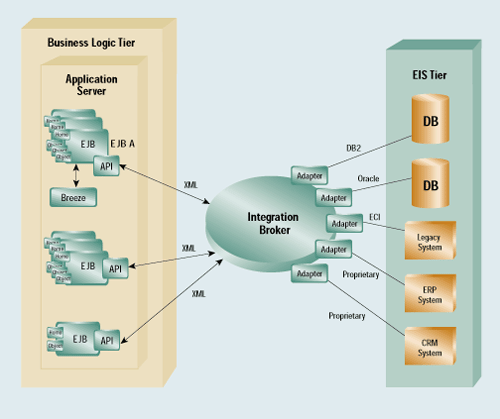
SmallEiffel is a highly successful open-source implementation of Eiffel developed under the direction of Dominique Colnet at LORIA in France. It uses a number of particularly original and innovative compilation techniques. In this column, Colnet and his colleague Olivier Zendra raise the veil and show how they have taken advantage of global system analysis techniques to achieve a high degree of performance in the SmallEiffel compilation process and the resulting code.

Program corpus analysis is important in the optimization of runtime systems. Conventional linguistic analysis is static in nature and cannot reflect dynamic behaviors revealed by versatile object-oriented programming languages. The authors propose a pattern-based runtime profiler in Part 1 of this article.

When the architecture is designed from the get-go with future growth in mind, applications developed early in a dot.com's life may be both reusable and scalable.

Pattern-Oriented Software Architecture offers developers the means to consult with the successful architects who came before them, and whose best practices can point to solutions that have previously been applied successfully.

As corporate IT's integration activities continue to accelerate and consume an increasingly large piece of the budgetary pie, EJBs can offer a more rapid component-based integration solution for the J2EE environment.
The reality of developing Java applications for small spaces has tarnished the Java mantra of "write once, run anywhere." Developing Java applications to run in cell phones, pagers, automobiles, and industrial devices has returned Java to its original target environment—small spaces. The primary focus of this column is to introduce the Java small space environment and the pitfalls awaiting the traditional application developer in the traditionally embedded developer world.